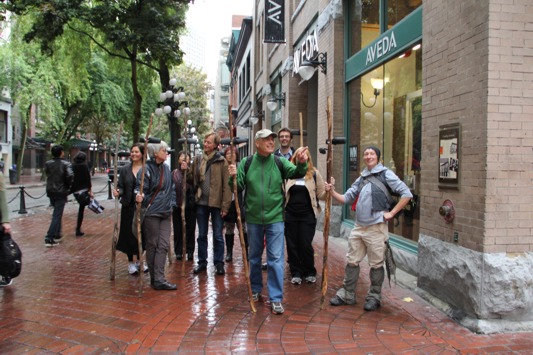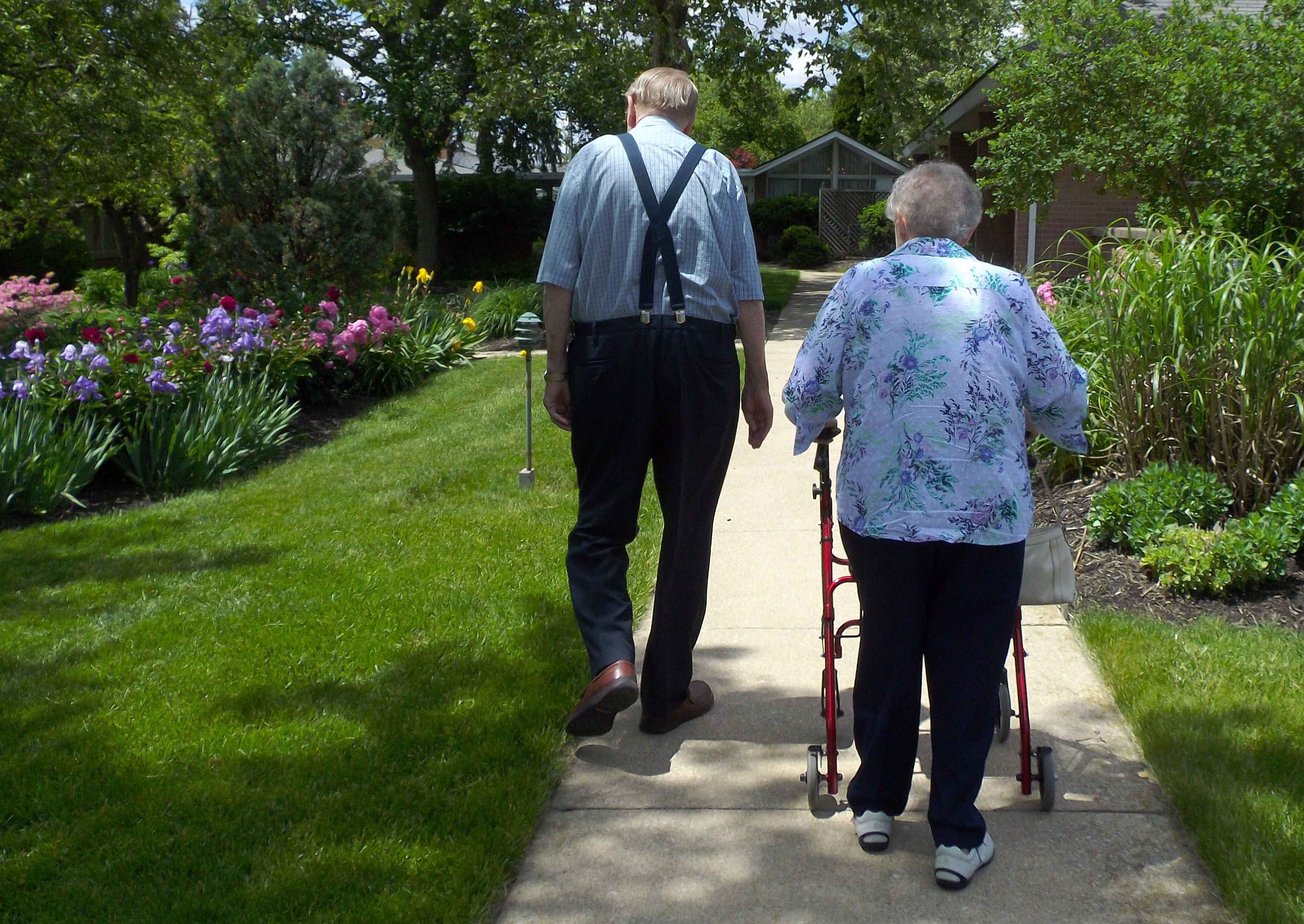The excellent work that Dr. Larry Frank is undertaking at the University of British Columbia has been reinforcing the importance of walkable cities and places to keep citizens mentally sound, emotionally happy, and physically fit. The Australian journal “The Conversation” has now joined into the conversation and asks a simple question-what would happen if EVERYONE built 8,800 steps a day into their routine? Would this be a game changer for the health of citizens and for the budgets of nations that fund universal health care?
“Considering only the people aged over 55, at a minimum it would reduce the need for hospitalisation by 975,000 bed days per year, for a saving of $1.7 billion dollars. Given there are health benefits at other ages, and the less healthy Australians not represented in our study could benefit more, the actual benefit is likely to be even greater.”
The study classified people over 55 as inactive if they took 4,500 steps a day or less. An active senior took 8,600 steps a day. Just the simple act of doubling the steps, or increasing walking time to roughly 40 minutes a day reduced hospital days by a third.
“With governments searching for ways to reduce spending, and 16% of the federal budget being spent on health, tackling physical inactivity of individual patients, as well as ensuring our urban centres are walking- and cycling-friendly would make a major difference.”
Given these findings, does it make sense for Provincial governments to provide funding to municipalities to make communities more walkable for seniors, and provide safe comfortable linkages to shops and facilities? How can we further link the health benefits of walkable livable places to the well-being and longevity of residents?



